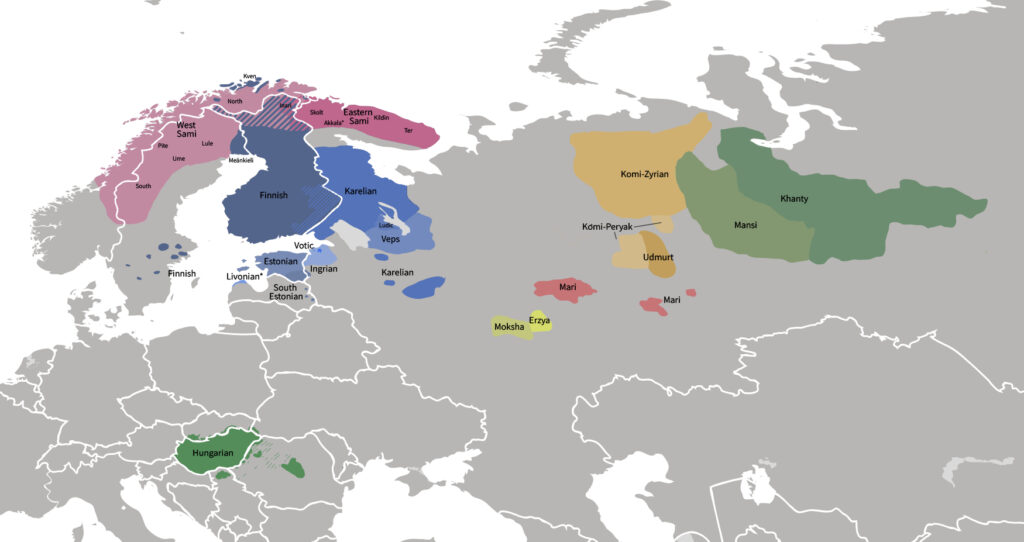The Association of the Finno-Ugric Peoples of the Russian Federation announced their representatives will not participate in the next World Congress of Finno-Ugric Peoples, due to take place this June in Estonia; the association called into question the need for congresses in the future and blamed them for “interfering in the internal affairs of the Russian Federation and its peoples”.
“Recently in the international Finno-Ugric movement, in our opinion, destructive, clearly politicised tendencies have begun to manifest themselves more and more clearly in the activities of the World Congresses of Finno-Ugric Peoples, when the ‘Finno-Ugric map’ is used as one of the methods of pressure, and ethnic issues are deliberately used for the purpose of ethnopolitical speculation,” the association said in a statement, published in Russian.
Representatives of 23 different Finno-Ugric nations, including those based in Russia, are expected to gather in the Estonian town of Tartu in June 2021 for the World Congress of the Finno-Ugric peoples. The congress, organised by the Estonian NGO, Fenno-Ugria, was due to take place in 2020 but was postponed due to the COVID-19 pandemic.
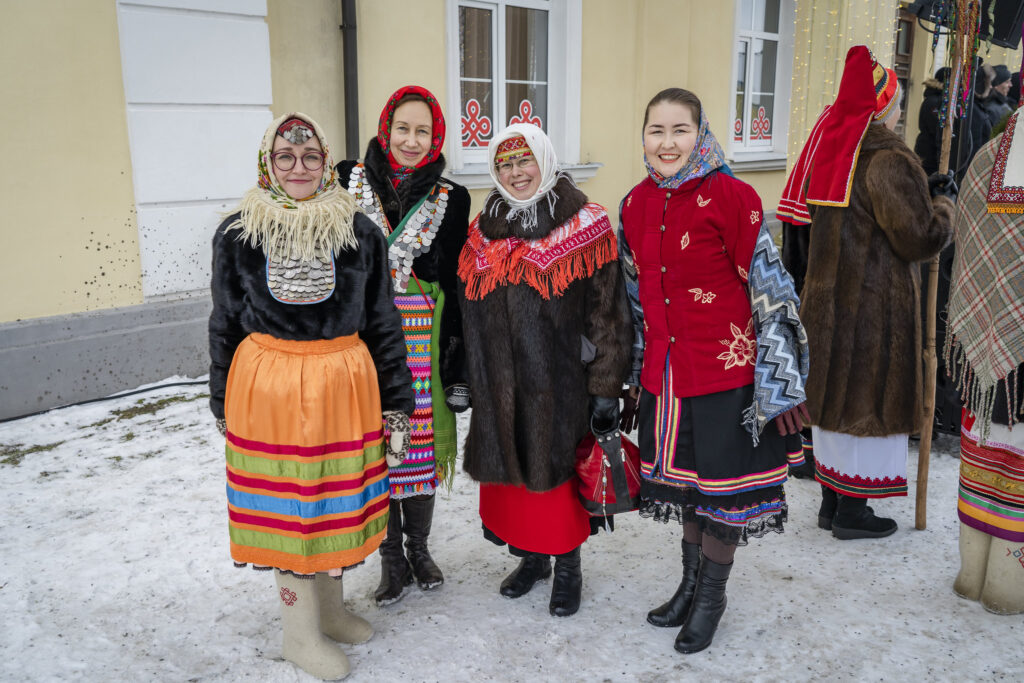
“An instrument of interference”
The Russian association said in a statement that the first congresses gave the Finno-Ugric movement “a certain activity” and the participants “a sense of unity”, but since the 4th World Congress of Finno-Ugric Peoples, “various European resolutions and reports began to appear about the allegedly tragic situation of the Finno-Ugric peoples and their culture in Russia”.
“The report prepared on behalf of PACE (the Parliamentary Assembly of the Council of Europe – editor) by MEP Katrin Saks (a former Estonian member of the European Parliament – editor) received the greatest resonance. It contains biased assessments on the situation of ethnic, religious and linguistic minorities and is a serious obstacle to the further development of the Finno-Ugric movement,” the Russian organisation said.
“The behaviour of the Estonian delegation at the 5th World Congress of Finno-Ugric Peoples in Khanty-Mansiysk (in 2008 – editor), when the President of Estonia (Toomas Hendrik Ilves – editor) unambiguously proposed the Finno-Ugric peoples of Russia to self-determine (create their own states within the Russian Federation), can serve as evidence of the negative consequences of this approach. And when it was rebuffed by the Russian delegates, the entire Estonian delegation left the conference room,” the Russian association said.
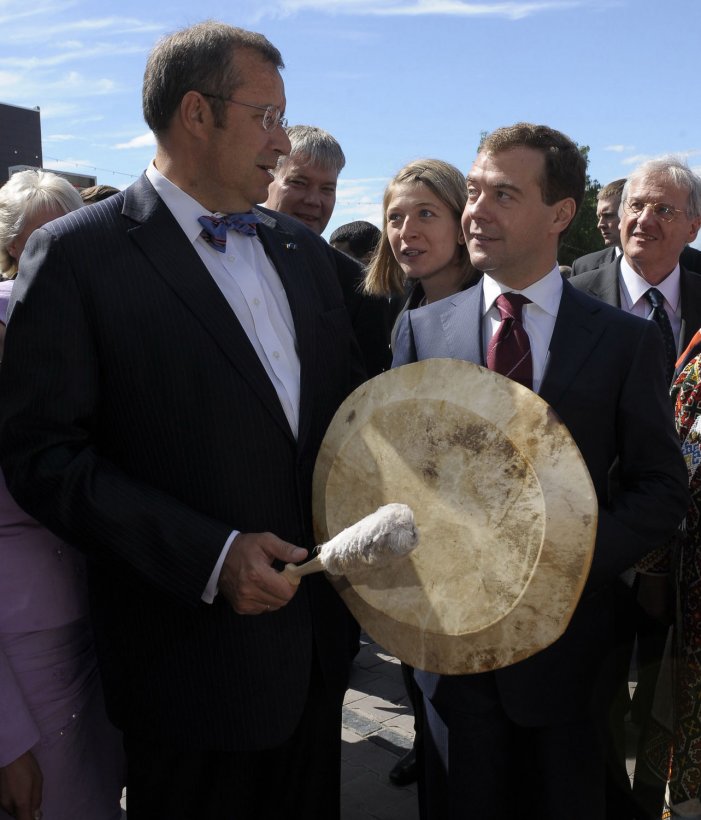
The Russian organisation also said that in “almost all the speeches of the delegates from Finland and Estonia we hear continuous criticism of our country” and there has been “a tendency to focus on the negative aspects of the life of the Finno-Ugric peoples of the Russian Federation” – calling it “unacceptable”.
Putin was invited
The Russian Finno-Ugric organisation questioned the integrity of the congress. “We are more and more convinced that the World Congresses are held not in order to constructively solve the problems of the Finno-Ugrians, but as an instrument of interference in the internal affairs of the Russian Federation and our peoples.”
The Russian association also cited a “disrespect” from other nations. “Negative approaches also manifested in a clear disrespect for the Russian participants, in particular, when there was no room in the hotels for the largest Russian delegation (Mordovian); when the buses ‘accidentally forgot’ to take our delegations to the venue, etc.”
“Taking into account the above, as well as the epidemiological situation in connection with the coronavirus, we consider it inappropriate to participate representatives of the Finno-Ugric peoples of the Russian Federation at the next VIII World Congress of Finno-Ugric Peoples in Estonia and call into question the need for congresses in the future,” the Finno-Ugric peoples of the Russian Federation said, adding it will “remain open to international cooperation”.
The presidents of Finland, Hungary, Russia and Estonia are all invited to the opening ceremony of the World Congress of Finno-Ugric Peoples. In October 2019, when Kersti Kaljulaid, the Estonian president, met with her Russian counterpart, Vladimir Putin, in Moscow, she personally invited the Russian president to attend the congress in Estonia.
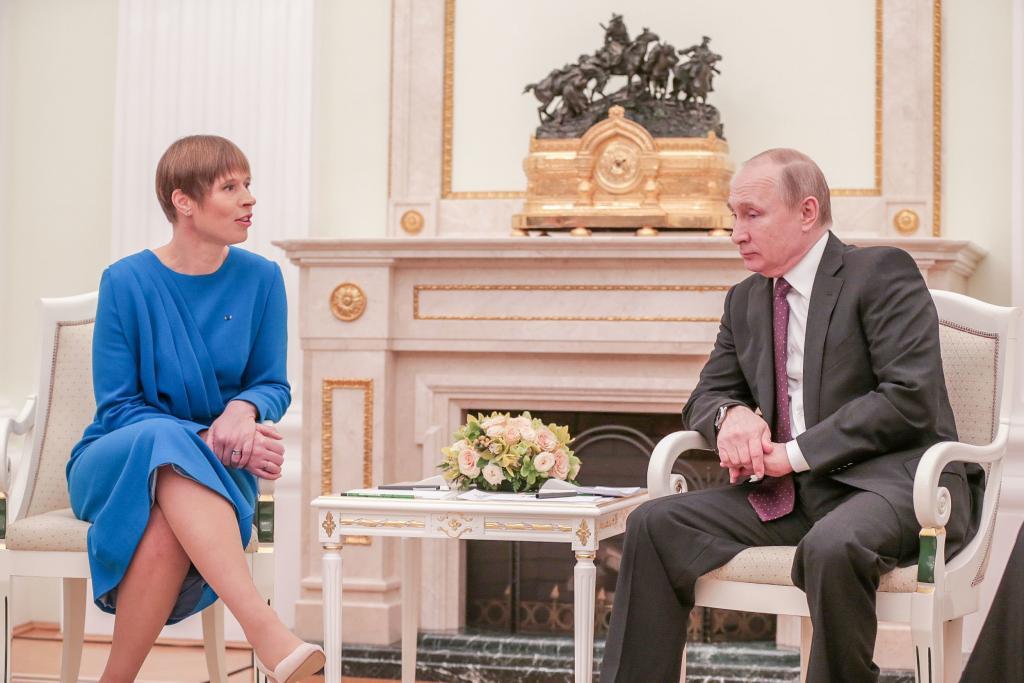
The statement from the Russian side now clearly indicates that neither Putin nor any other Russian official will attend the congress in Estonia.
Assimilationist policies
Estonian World also asked a comment from the former Estonian president, Toomas Hendrik Ilves, who is mentioned in the Russian statement (Ilves led the Estonian delegation at the 5th World Congress of Finno-Ugric Peoples in Khanty-Mansiysk in 2008).
“As with calling the Baltic States’ joint action to show solidarity with the Czech Republic to PNG Russian diplomats for GRU sabotage “small dick energy”, so too recasting my call to respect the cultural rights of small minority peoples’ a proposal to create states within a federation [is] more of a projection of their own psychological issues and cultural policies than anything else,” Ilves told Estonian World. “PNG” means “persona non grata”.
“That this bizarre prohibition of cultural exchange among relatives was imposed from above without asking the Finno-Ugric peoples themselves what they think says everything you need to know about the paternalistic assimilationist policies of the Russian ‘Ministry of Culture’.”
Ilves was referencing a recent scandal where information became available about an ammunition warehouse explosion in the Czech town of Vrebetice in 2014 that it was organised by the Russian military intelligence. To react to the scandal, Estonia summoned the Russian ambassador in the country to launch a protest and expelled one Russian diplomat. Latvia also expelled a Russian diplomat and Lithuania expelled two.
The Russian embassy in Belarus reacted to the Lithuanian announcement with a tweet, saying, ““#smalldipenergy or #smalldickenergy — the choice is yours.” According to the Urban Dictionary, “small dick energy is cockiness without skill”.
The Finno-Ugric world
The World Congress of Finno-Ugric Peoples, organised since 1992, takes place in every four years. Estonia has hosted it once before – in 2004 – while Russia, Hungary and Finland have all hosted it twice. The presidents of the four countries have so far always participated in the event.
The Finno-Ugric peoples are the peoples who speak the Finno-Ugric languages. The four most numerous Finno-Ugric peoples are the Hungarians (13–14 million), Finns (6–7 million), Estonians (1.1 million) and Mordvins (744,000). The first three inhabit independent states – Hungary, Finland, and Estonia – whereas Mordovia is a republic within Russia.
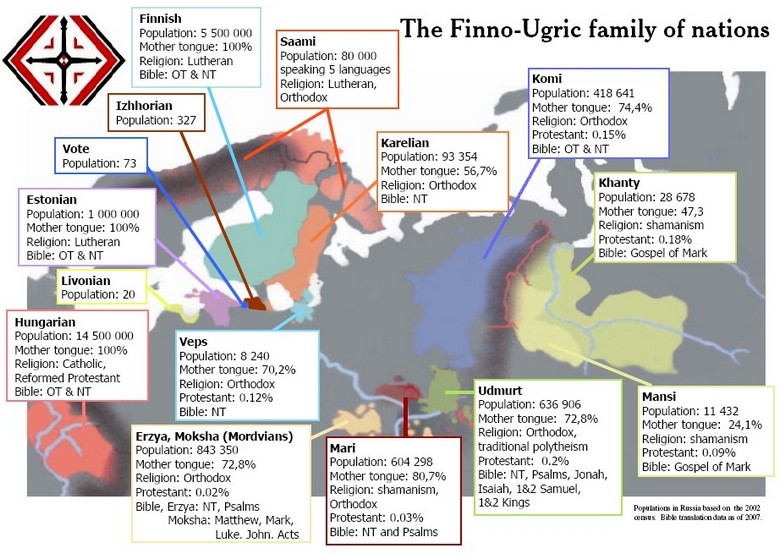
Other Finno-Ugric peoples have autonomous republics within Russia: Karelians (the Republic of Karelia), Komi (the Komi Republic), Udmurts (the Udmurt Republic), Mari (the Mari El Republic) and Mordvins (Moksha and Erzya; the Republic of Mordovia).
The Khanty and Mansi peoples live in the Khanty–Mansi Autonomous Okrug of Russia. The Komi subgroup, Komi-Permyaks, used to live in the Komi-Permyak Autonomous Okrug, but, today, this area is a territory with special status within the Perm Krai in Russia.
A significant number of Finno-Ugric peoples also live in the United States, Romania, Slovakia, Sweden, Canada and Norway.
Read also: The Kremlin likely behind Russia’s Finno-Ugric withdrawal statement.
Cover: A map of Finno-Ugric people in Europe. Image by GalaxMaps, shared under the CC BY-SA 4.0 licence.

